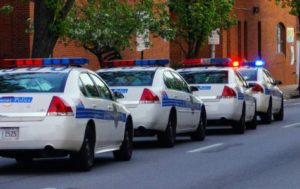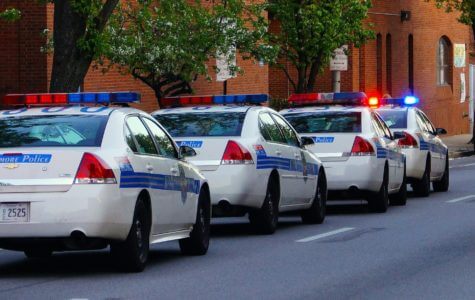BUFFALO — Just like anyone else, cops get tired. But police officers working afternoon shifts are especially more likely to feel fatigued, and consequently prone to making more mistakes on duty, a new study finds.
Researchers at the University of Buffalo analyzed data that detailed shifts worked by 308 local police officers, along with their level of energy while on the job.

The data was derived from a larger study conducted by the same team, in which fatigue was self-reported through a questionnaire and hours worked along with start times over a 15-year period were pulled from a workplace database.
The researchers found that police officers working the afternoon shift — defined as being on duty between 4 p.m. and 2 p.m. — were twice as likely to feel fatigued as those who worked earlier, at least among men.
Of the 78 female cops examined as part of the sample, there was no evidence that working a particular shift contributed to stress or fatigue.
“Female officers appear to use more effective types of coping with the stress and fatigue of shift work. Previous research shows that women are more likely than men to be supportive of each other to help protect against the stress of shift work,” says John Violanti, the study’s lead author and a research professor of epidemiology and environmental health, in a university press release.
Vitally, “officers who work the afternoon shift are more likely to be fatigued, which puts them at greater risk for accidents, errors and stress,” says Violanti.
The study’s findings, presented in April at the American Association of Occupational Health Nurses Conference in New Orleans, can be extended to any profession that consists of shift-based work, the researchers argue, as working later shifts can contribute to a host of adverse health effects, including a disrupted circadian rhythm.
“Our research demonstrates a need for sleep intervention into police fatigue, including educating officers and police departments on sleep hygiene, possible use of caffeine, controlled napping and light therapy,” emphasizes Violanti.
